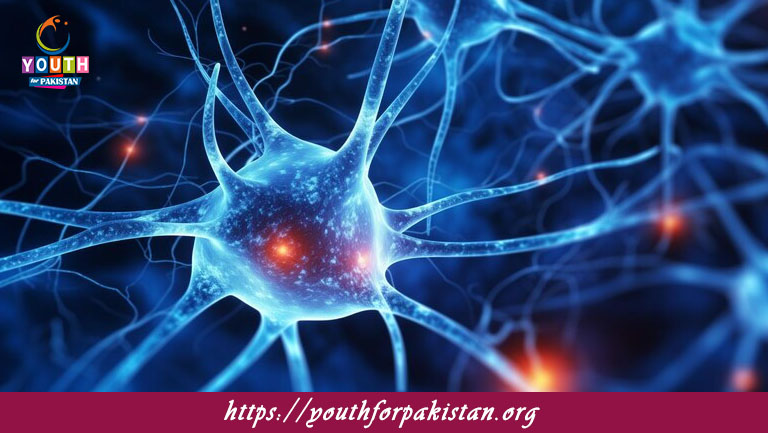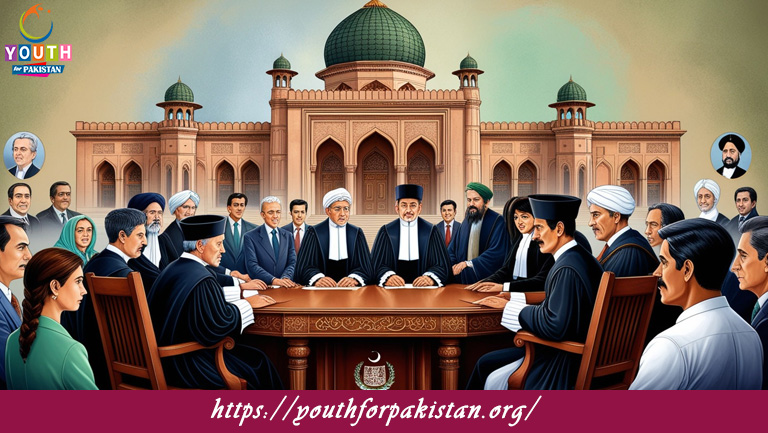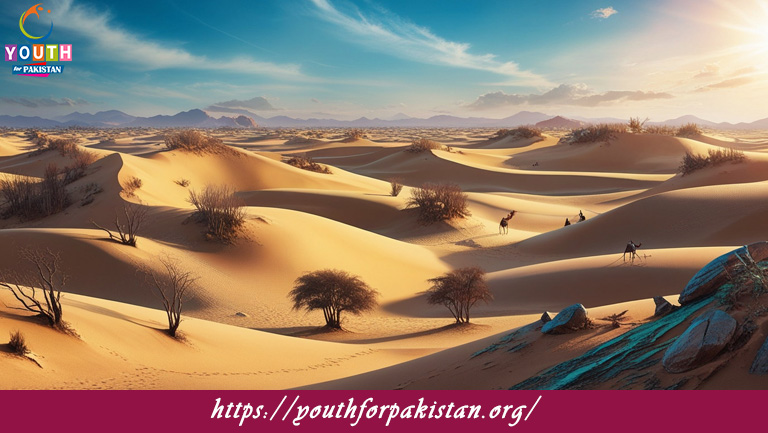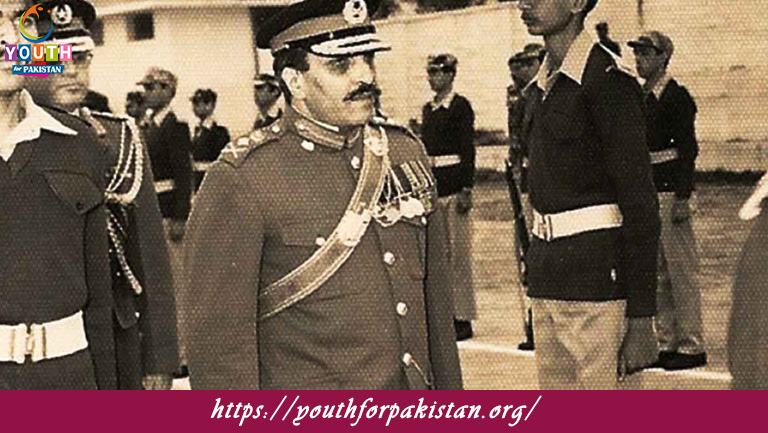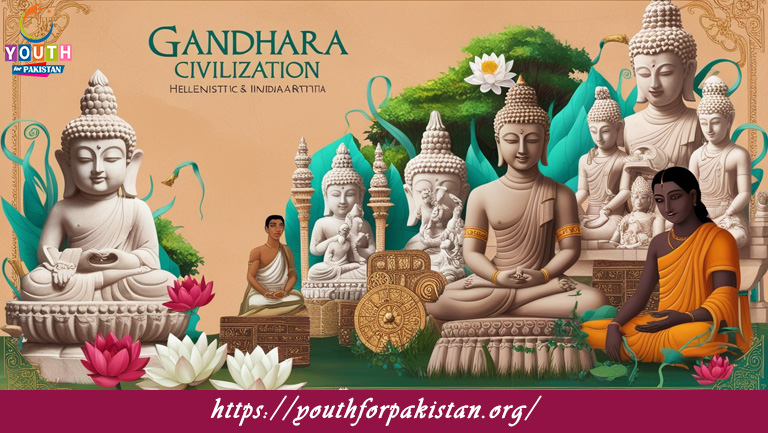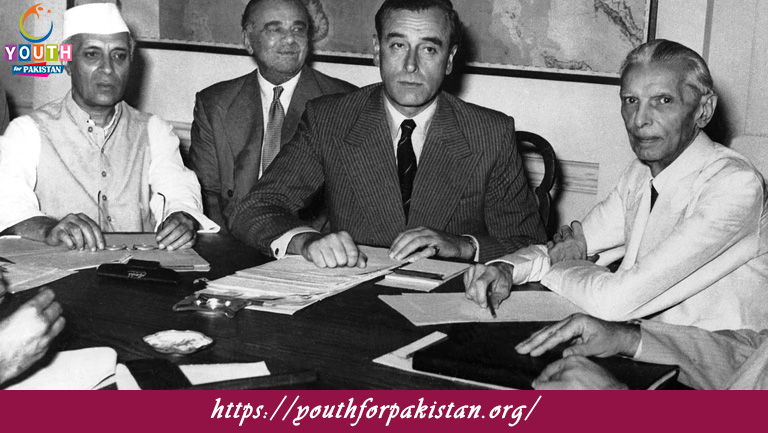Welcome to the Coordination & Control/ Nervous & Chemical Coordination MDCAT MCQs with Answers. In this post, we have shared Coordination & Control/ Nervous & Chemical Coordination Multiple Choice Questions and Answers for PMC MDCAT 2024. Each question in MDCAT Biology offers a chance to enhance your knowledge regarding Coordination & Control/ Nervous & Chemical Coordination MCQs in this MDCAT Online Test.
Which part of the nervous system is responsible for voluntary actions?
a) Sympathetic Nervous System
b) Parasympathetic Nervous System
c) Central Nervous System
d) Peripheral Nervous System
Which neurotransmitter is primarily involved in muscle contraction?
a) Dopamine
b) Serotonin
c) Acetylcholine
d) Norepinephrine
The part of the brain responsible for regulating heartbeat and breathing is the:
a) Cerebrum
b) Cerebellum
c) Medulla Oblongata
d) Thalamus
Which gland is known as the “master gland” of the endocrine system?
a) Thyroid Gland
b) Adrenal Gland
c) Pituitary Gland
d) Pancreas
The autonomic nervous system controls:
a) Voluntary Muscle Movements
b) Involuntary Actions
c) Sensory Responses
d) Reflex Actions
Which part of the brain is responsible for balance and coordination?
a) Cerebrum
b) Thalamus
c) Hypothalamus
d) Cerebellum
Which of the following neurons carry signals from the brain to the muscles?
a) Sensory Neurons
b) Interneurons
c) Motor Neurons
d) Associative Neurons
What type of cells are responsible for the myelination of axons in the central nervous system?
a) Schwann Cells
b) Oligodendrocytes
c) Astrocytes
d) Microglia
Which of the following hormones is secreted by the adrenal medulla?
a) Cortisol
b) Aldosterone
c) Epinephrine
d) Insulin
Which structure in the brain regulates body temperature?
a) Cerebellum
b) Hypothalamus
c) Thalamus
d) Medulla Oblongata
Which hormone helps regulate sleep-wake cycles?
a) Serotonin
b) Melatonin
c) Cortisol
d) Dopamine
The synapse is the junction between:
a) Two muscles
b) Two neurons
c) A neuron and a muscle
d) A neuron and a gland
What is the function of the myelin sheath?
a) Slows down the transmission of nerve impulses
b) Protects the cell body
c) Speeds up the transmission of nerve impulses
d) Acts as a neurotransmitter
Which part of the brain is responsible for the production of speech?
a) Wernicke’s Area
b) Broca’s Area
c) Thalamus
d) Cerebellum
The hormone responsible for lowering blood glucose levels is:
a) Glucagon
b) Insulin
c) Cortisol
d) Adrenaline
Which part of the eye is responsible for controlling the amount of light entering the eye?
a) Retina
b) Cornea
c) Lens
d) Iris
The hormone oxytocin is produced by the:
a) Hypothalamus
b) Thyroid Gland
c) Adrenal Cortex
d) Pituitary Gland
Which of the following is NOT part of the central nervous system?
a) Brain
b) Spinal Cord
c) Nerves
d) None of the above
Which of the following hormones is released in response to stress?
a) Insulin
b) Adrenaline
c) Thyroxine
d) Glucagon
Which lobe of the brain is associated with vision?
a) Frontal Lobe
b) Parietal Lobe
c) Occipital Lobe
d) Temporal Lobe
The outer layer of the cerebrum is known as the:
a) Cerebellum
b) Medulla
c) Cerebral Cortex
d) Pons
Which of the following is a neurotransmitter?
a) Insulin
b) Dopamine
c) Cortisol
d) Adrenaline
Which type of receptor is responsible for detecting changes in light intensity?
a) Chemoreceptors
b) Photoreceptors
c) Thermoreceptors
d) Mechanoreceptors
The parasympathetic nervous system is involved in:
a) Preparing the body for “fight or flight”
b) Calming the body and conserving energy
c) Enhancing muscle contractions
d) Increasing heart rate and blood pressure
Which part of the brain is responsible for higher cognitive functions like thinking and reasoning?
a) Cerebrum
b) Brainstem
c) Cerebellum
d) Pons
What is the name of the gap between two neurons?
a) Synapse
b) Axon
c) Dendrite
d) Node
Which hormone is responsible for regulating calcium levels in the blood?
a) Thyroxine
b) Calcitonin
c) Insulin
d) Adrenaline
Which gland produces melatonin?
a) Adrenal Gland
b) Thyroid Gland
c) Pineal Gland
d) Pituitary Gland
The reflex arc typically involves how many neurons?
a) One
b) Two
c) Three
d) Four
Which hormone stimulates the production of red blood cells?
a) Erythropoietin
b) Insulin
c) Thyroxine
d) Cortisol
Which part of the nervous system is responsible for the “fight or flight” response?
a) Somatic Nervous System
b) Parasympathetic Nervous System
c) Sympathetic Nervous System
d) Central Nervous System
Which hormone is responsible for stimulating the release of glucose into the blood?
a) Glucagon
b) Insulin
c) Cortisol
d) Thyroxine
Which part of the brain is responsible for controlling body posture and balance?
a) Thalamus
b) Cerebellum
c) Cerebrum
d) Medulla Oblongata
Which hormone is secreted in response to low blood sugar levels?
a) Insulin
b) Glucagon
c) Cortisol
d) Adrenaline
Which of the following is a function of the spinal cord?
a) Cognitive Processing
b) Reflex Actions
c) Hormone Secretion
d) Visual Processing
Which of the following neurotransmitters plays a role in mood regulation?
a) Dopamine
b) Acetylcholine
c) Serotonin
d) Glutamate
Which hormone is released during the fight or flight response?
a) Melatonin
b) Oxytocin
c) Adrenaline
d) Insulin
Which part of the brain is responsible for processing sensory information?
a) Cerebellum
b) Thalamus
c) Medulla Oblongata
d) Hypothalamus
Which of the following is a function of the cerebrum?
a) Regulation of heartbeat
b) Sensory interpretation
c) Coordination of movement
d) Reflex control
If you are interested to enhance your knowledge regarding Physics, Chemistry, Computer, and Biology please click on the link of each category, you will be redirected to dedicated website for each category.

